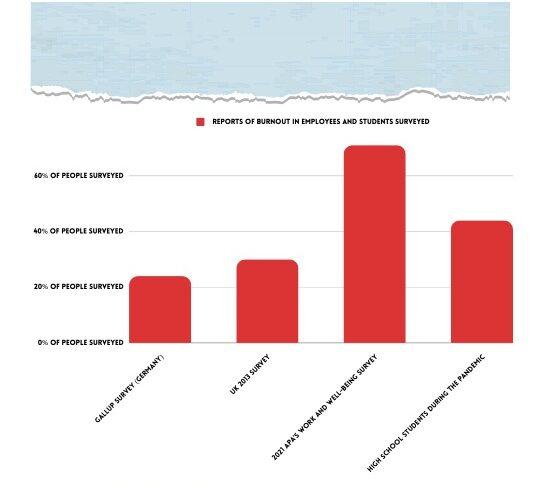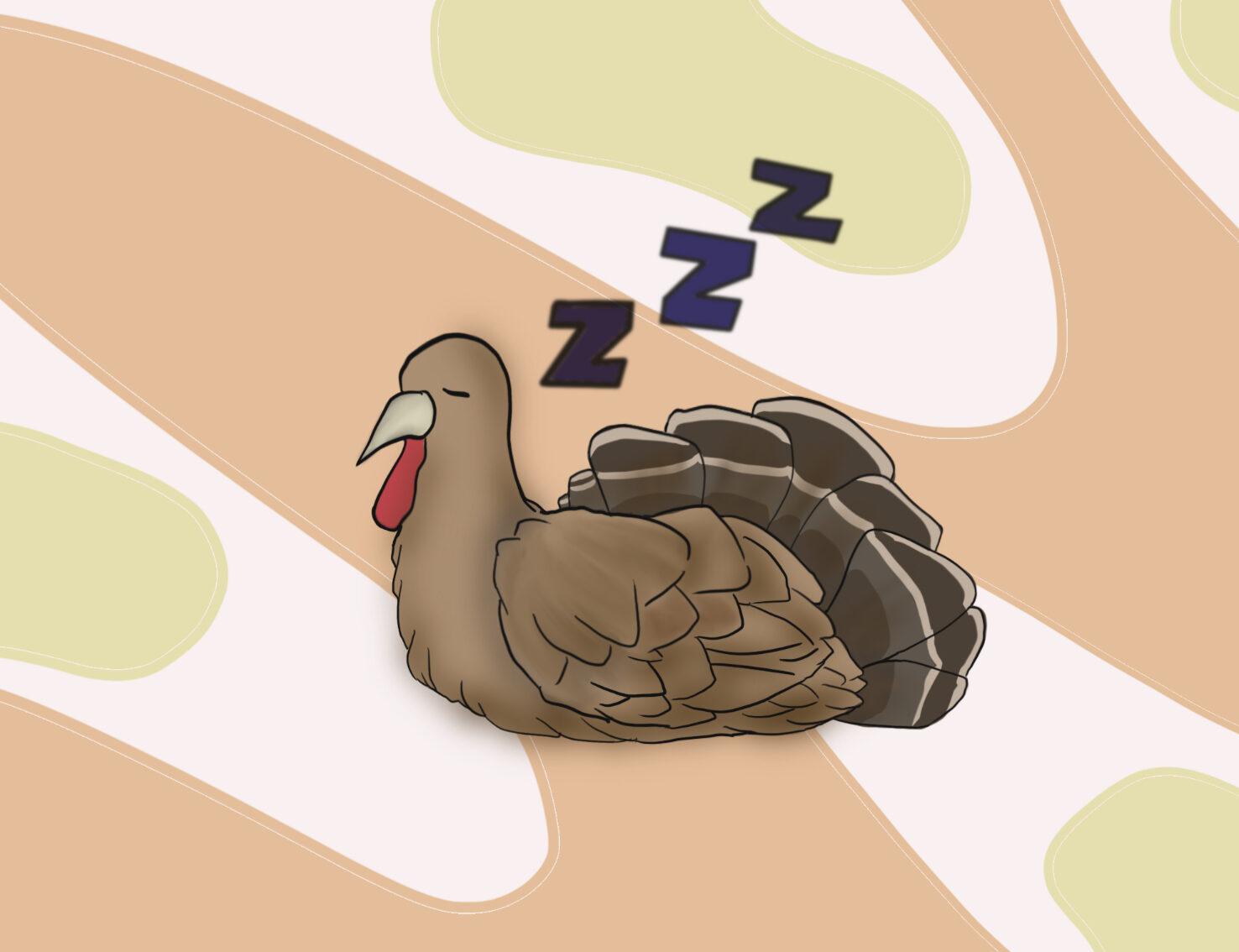
You may have heard of cholesterol being labeled as either “good” or “bad,” and that you should indulge in the former and abstain from the latter. The reason for this lies within the movement of these cholesterol particles within your body. While essential to maintain a healthy lifestyle, overconsumption of good cholesterol doesn’t bring any clear benefits.
Cholesterol is a fat created in your liver that helps make hormones and build cells in the body.
The difference between good and bad cholesterol lies within the direction of transport for each type. Good cholesterol can be attached to high density lipoproteins (HDL), which carry low density lipoproteins (LDL) from our arteries to our liver and flush them out of our bodies.
Bad cholesterol, however, attaches to LDL, which carries cholesterol from the liver to the cells. This means that having too much LDL carrying bad cholesterol can actually clog your arteries, as cholesterol might build up on the walls of your blood vessels.
The main perk of HDL cholesterol lies in its ability to take away some of the LDL cholesterol that flows back to the cells. The effectiveness of this process depends on how well the protein can receive cholesterol from macrophages, a type of white blood cell. If HDL malfunctions and cannot receive cholesterol effectively, it can lead to inflammation.
Good cholesterol, or HDL cholesterol, levels can indicate an individual’s risk for cardiovascular issues. Having low HDL levels, particularly for caucasian people, implies that the LDL cholesterol levels in those individuals’ bodies are high, increasing the risk of building up plaques and eventually developing cardiovascular issues.
Interestingly, having high HDL cholesterol levels does not prove to be especially beneficial, except for African Americans. In conclusions drawn from the Journal of the American College of Cardiology and the 1977 Framingham heart study, it was determined that high levels of HDL cholesterol only lowered the risk of heart disease in African American participants.
There are many reasons why an individual may have high cholesterol, some of which include genetic history and lifestyle. As such, it is essential to strive to maintain healthy amounts of good cholesterol. Some of the best ways to regulate your HDL levels are to do moderate exercise and consume unsaturated fats, such as nuts and fish. Foods with lots of saturated fats, such as red meat, butter, cheese, and fried foods, tend to raise HDL and LDL past recommended levels. In liver cells, LDL receptors lie waiting to collect those particles that come by. However, an excess of saturated foods can put a damper on these receptors’ abilities to take away LDL, eventually allowing these particles to build up in the bloodstream.
In the end, regulating levels of good and bad cholesterol are stories of moderation in diet. Maintaining a healthy lifestyle is the best way to take advantage of the benefits of cholesterol and take control of your risk factors for potential cardiovascular issues.
Works Cited:
Ask the Doctor: Can HDL (good) cholesterol be too high? – Harvard Health. (2023). Retrieved 3 March 2023, from https://www.health.harvard.edu/heart-health/ask-the-doctor-can-HDL-cholesterol-be-too-high
Cholesterol myths and facts. Centers for Disease Control and Prevention. (2023). Retrieved 3 March 2023, from https://www.cdc.gov/cholesterol/myths_facts.htm
Cunningham, Aimee. HDL ‘good’ cholesterol isn’t always good for heart health. Science News. (2023). Retrieved 3 March 2023, from https://www.sciencenews.org/article/hdl-good-cholesterol-heart-health
Newman, Tim. 9 myths about cholesterol. Medical News Today. (2023). Retrieved 3 March 2023, from https://www.medicalnewstoday.com/articles/medical-myths-all-about-cholesterol
Saturated fats. Heart UK. (2023). Retrieved 3 March 2023, from https://www.heartuk.org.uk/low-cholesterol-foods/saturated-fat#:~:text=Our%20liver%20cells%20have
Watson, Stephanie. Can Good Cholesterol Be Too High? WebMD. (2023). Retrieved 3 March 2023, from https://www.webmd.com/cholesterol-management/good-cholesterol-too-high











